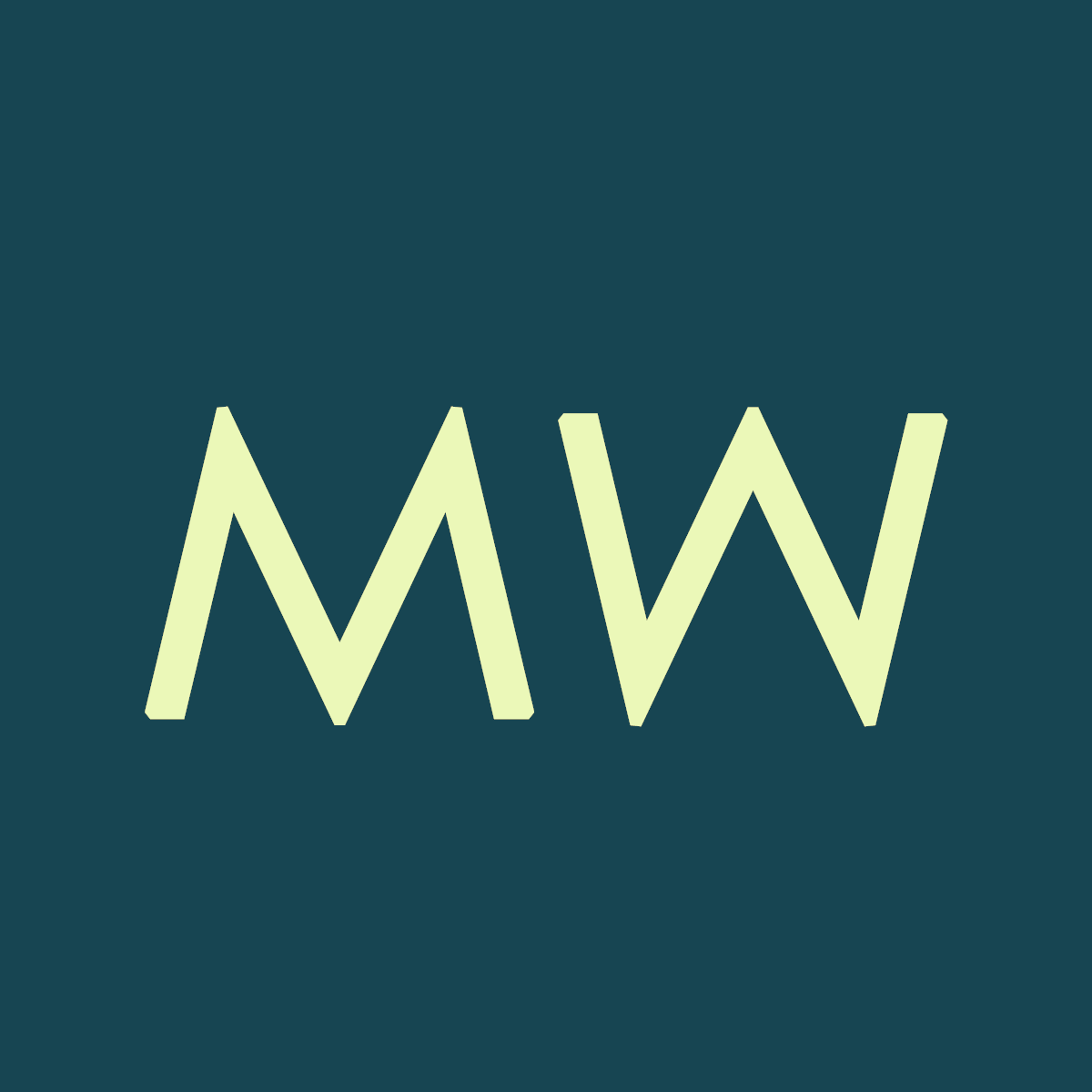If you like listening to podcasts, check out these episodes where I talk about academic developmental editing, book proposals, and general information about publishing for first-time scholarly authors.
Trade Publishing for Scholarly Authors
Many scholarly writers want to publish trade books or crossover books that will reach readers outside of academia. This post answers the most common questions academic authors have, debunks some myths and misconceptions about trade and scholarly publishers, and tells you what you need to do if you want to pitch a trade book to a publisher.
Publishing an Edited Volume
Royalties and Advances in Scholarly Publishing
Out-Of-Pocket Costs for Academic Book Authors
Sometimes there are out-of-pocket costs associated with publishing your academic book. An author may want to invest in hiring an indexer, a copy editor, a developmental editor, a proofreader, someone to assist with image permissions, or a publicist. Even if you take on most of the work yourself, you may incur some costs. This post breaks down some of them so you can plan and budget accordingly.
What to Do If Your Book Gets Scooped
What your publisher wishes you knew about book promotion
Book Acknowledgments: 10 Tips for Authors
How to Run an Effective Writing Group
10 Steps to an Effective Book Proposal
10 Problems with Scholarly Book Manuscripts (and How to Fix Them)
Should You Publish Your Book in a Series?
Pitching a Digital Project to Scholarly Publishers
Best Practices for Peer Review of Scholarly Books
How to Publish a Book from Your Dissertation
How Not to Burn Bridges with Publishers
How to Handle Early Interest from Publishers
Should You Revise Your Dissertation or Start Over for Your First Book?
Sample Chapters — What Publishers Really Want
How to Come Up with Comparable Works for Your Academic Book Proposal
It can be difficult to understand what publishers mean when they ask for “comps” or “comparable and competing titles” in their book proposal guidelines. This guide demystifies this part of the book proposal process and offers some tips on how to effectively position your book in relation to other titles.
